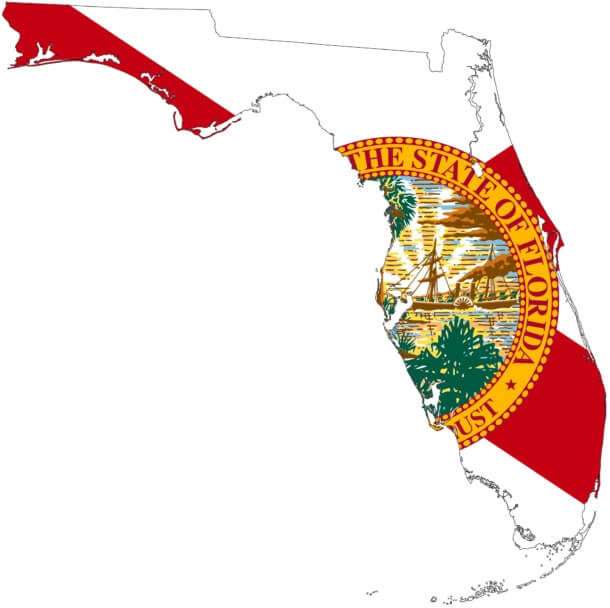by Jeff Deist
Should Catalonia be independent?
Surely Catalans, and nobody else, must answer that question. Some Catalans consider themselves Spanish and some don’t. Many Spaniards consider Catalonia part of Spain, while some don’t. But it’s clear that a significant number of Catalans feel politically conquered, and resent it. Why should they live under a Spanish government, when their history, culture, and language are not Spanish?
It’s a fair question, and one for which western democracies have no easy answer. If democratic voting is sacrosanct, are the results also sacrosanct, whatever the outcome? Do democrats really want democracy?
Ludwig von Mises summed up the problem succinctly in Liberalism1:
The situation of having to belong to a state to which one does not wish to belong is no less onerous if it is the result of an election than if one must endure it as the consequence of a military conquest.
Certainly many Hillary Clinton voters in the United States feel this way today. They don’t consider Trump a legitimate president (even aside from the electoral college issue), and are not particularly interested in respecting election results or the views of Trump voters. They feel “their” government not only does not represent them, but is actively hostile toward them.
They feel, in short, like many Catalans.
Understanding any region’s local politics and history is always a dangerous proposition for outsiders. Catalonia has a messy and complex past, dating back to the late 15th century and the nascent Kingdom of Spain. Momentum for independence from Madrid gathered throughout the 20th century, culminating in a 2014 referendum which the Spanish central government attempted to block in court. Over 80% of voters supported independence, yet only about a third of Catalans participated in the vote. It is unclear whether a scheduled October 1st vote on a new referendum will happen, given the possibility of Spanish criminal charges against the Catalan politicians behind it.
Should Secession Be Allowed for Groups We Disagree With?
There are also very serious questions about what an independent Catalonia would mean, not only for economically wobbly Spain but also neighboring France and the EU.
Marta Hidalgo, a Spanish financial adviser and 2017 Mises University graduate, argues that Catalonia is Spain. She questions the region’s historical claims to independence, arguing that Catalan nationalism has been fraught with propaganda from those seeking to make a political movement out of a minority sentiment. She also points out that Spain is Catalonia’s principal market, propping up the Catalan economy through duties and tariffs on (otherwise) cheaper and better imports from England or Germany. And she stresses polls showing only about 2 million out of 7.5 million Catalans support secession.
But these arguments don’t address the fundamental underlying issue of self-determination. Should Catalans be allowed to make their own decisions, even if those decisions are “bad,” and we (or Spain or the EU) disagree with them?
Yes, some people would be worse off under an independent Catalan state — assuming Ms. Hidalgo is correct. But by the same token, some Spaniards may be objectively better off as a result of becoming unyoked politically from Catalonia. It’s a complex factual question, and both sides have arguments.
But whether an independent Catalonia would be better off or worse off is highly subjective, and simply not for us to decide.
Self-Determination Is the Highest Political End
For libertarians, self-determination is the highest political end. In political terms, self-determination is liberty. In an ideal world, self-determination extends all the way to the individual, who enjoys complete political sovereignty over his or her life. The often misued term for this degree of complete self-determination is anarchy.
In an imperfect world, however, libertarians should support smaller and more decentralized governments as a pragmatic step toward greater liberty. Our goal should be to devolve political power whenever possible, making states less powerful and easier to avoid. Barcelona is less ominous than Madrid. The Legislature in a US state is less fearsome than Congress in Washington DC. Street gangs are bad, but they can be avoided in ways Uncle Sam cannot.
Continue: Let Catalonia Decide | Mises Wire


